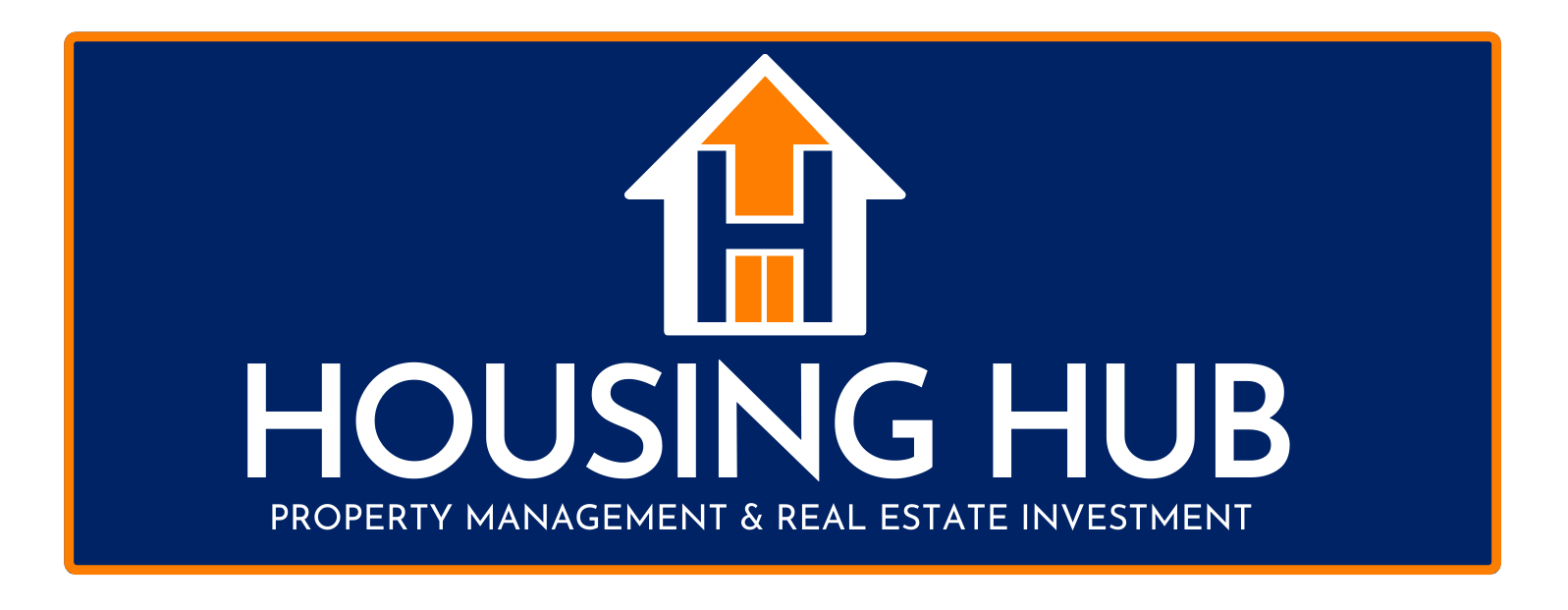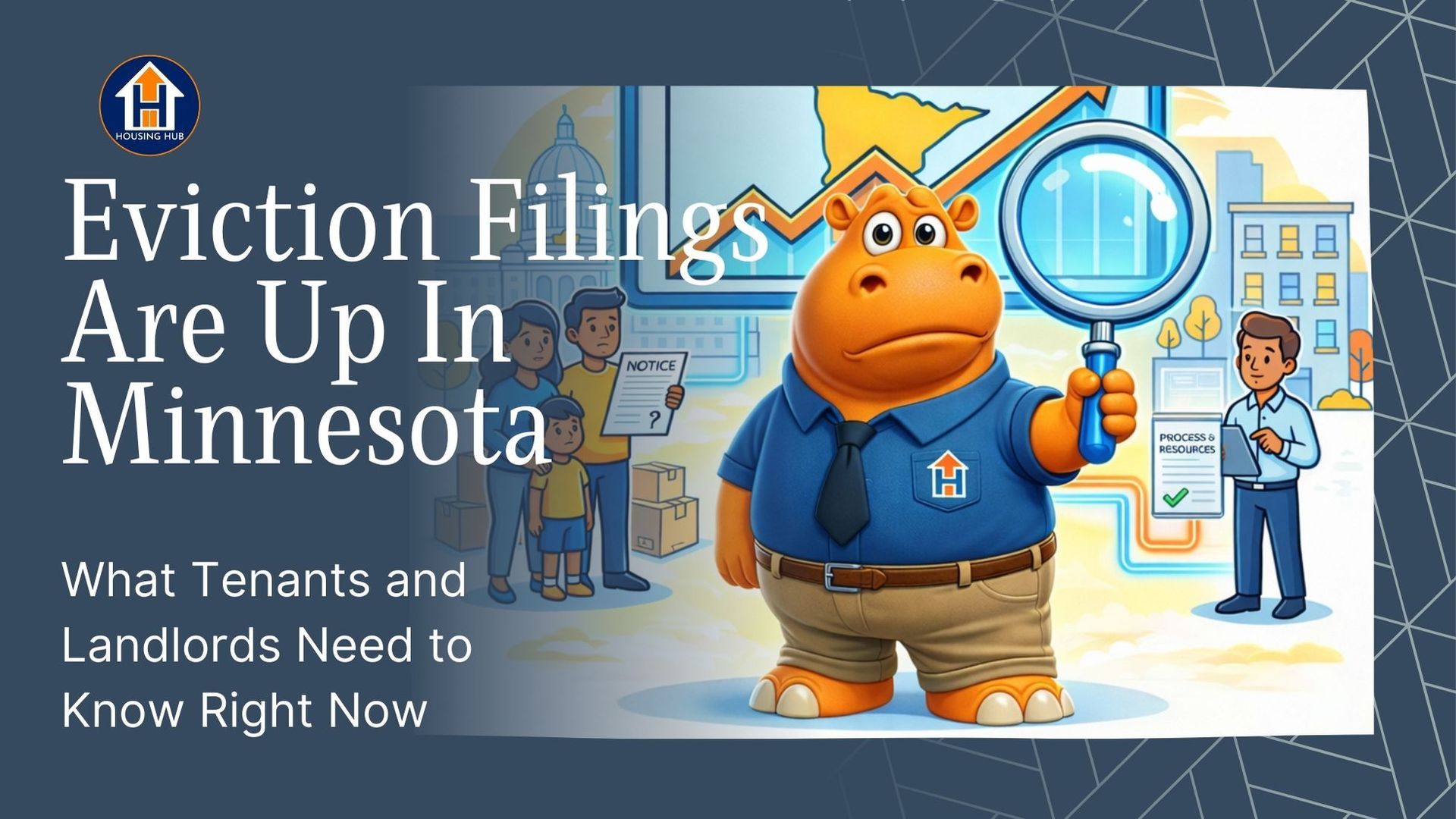Essential Seasonal Maintenance Tips for Twin Cities Rental Properties
Navigating the seasonal maintenance requirements of rental properties in the Twin Cities can be challenging, marked by the varied weather conditions that characterize Minneapolis and St. Paul, Minnesota. As temperatures fluctuate drastically from hot summers to frigid winters, maintaining your rental property efficiently becomes crucial to prevent costly repairs and ensure tenant satisfaction.
Housing Hub, a seasoned property management company, has been a guiding force for landlords since 2013, helping them to effectively manage and sustain their portfolios across single-family homes, duplexes, lofts, condos, and multi-family units. This article delves into essential seasonal maintenance advice, offering practical tips sourced from years of experience to ensure your rental properties weather the seasons gracefully, keeping both owners and tenants happy.
Spring Maintenance: Preparing for the Thaw
As the frigid winter subsides and signs of spring emerge in the Twin Cities, it's crucial for property owners to address any damages caused by cold weather and prepare their properties for warmer days. Start by conducting a thorough inspection of the exterior of your properties. Look for cracks in the foundation, which can result from freeze-thaw cycles, and check the roof for any signs of ice damming damage or missing shingles. Gutters and downspouts should be cleared of debris to prevent water damage as the snow melts.
Landscaping also needs attention; remove any dead plants or branches, and consider aerating the soil to promote healthy lawn growth. This is also an excellent time to service the HVAC system, ensuring air conditioning units are ready to operate efficiently during the upcoming summer months. Replacing filters and checking refrigerant levels can significantly enhance performance and reduce energy consumption.
Summer Upkeep: Focus on Efficiency and Comfort
Summer in Minnesota is known for its warmth and humidity, making this season a critical time for maintaining cooling systems and ensuring your properties are protected against potential weather-related damages. Continuous operation can strain air conditioning units; therefore, regular checks during this season are vital to prevent breakdowns. Ensure that your cooling systems are functioning efficiently by checking for duct leakage and ensuring that the thermostat is accurately calibrated.
This is also the time to inspect and possibly upgrade insulation and window seals, which can prevent cool air from escaping the property, thereby increasing the efficiency of air conditioning units and reducing utility costs. Additionally, consider installing shades or blinds to help keep the interiors cool without over-relying on air conditioning. Don't forget about pest control; summer can bring an influx of pests, and preventive measures, such as sealing potential entry points and scheduling regular pest inspections, can mitigate this issue.
Fall Readiness: Preparing for the Cold
Fall is a crucial transition period for property maintenance, with a focus on preparing your properties for the harsh Minnesota winter. Begin by inspecting heating systems, including boilers, furnaces, and heaters, to ensure they are in prime condition to provide reliable heat during the winter months. Cleaning or replacing furnace filters and checking for carbon monoxide leaks are also essential tasks during this period.
External preparation includes cleaning the gutters again to ensure they are free from autumn leaves and debris, which could cause blockages and lead to water damage. Checking the insulation of pipes, especially those that are exposed or in unheated areas of your property, is crucial to prevent freezing and bursting. This is also an opportune time to check the property for air leaks around windows and doors. Sealing these leaks can prevent cold drafts and increase energy efficiency.
Winter Vigilance: Avoiding Seasonal Pitfalls
Once winter sets in, the focus of maintenance shifts toward preventing problems that can arise from extreme cold and substantial snowfall. Regular monitoring for ice dams and icicle formation is crucial. These can cause significant damage to gutters and roofs, and pose safety risks to tenants and their visitors. Employ strategies such as installing heat cables along the roofline to prevent ice from building up.
Snow removal is another critical component of winter maintenance. Ensure that your property has a timely and efficient plan for snow removal, including driveways, parking lots, and sidewalks. This not only aids in preventing accidents but also ensures that your property is accessible during snowstorms. Heating systems should be checked continuously throughout the winter to ensure they are operating correctly and efficiently, as failures in these systems during peak winter times can lead to uncomfortable conditions for tenants and potential freeze damage to the property.
In addition to these seasonal specifics, it is vital for property managers in the Twin Cities to maintain a year-round schedule that includes smoke detector tests, fire extinguisher checks, and any required safety equipment inspections to comply with local regulations. Regular updating and thorough adherence to a comprehensive maintenance checklist can prevent minor issues from becoming major expenses and help keep tenants happy and safe, no matter the season.
Having a proactive maintenance strategy not only saves money in the long run but also adds significant value to the property and enhances tenant satisfaction and retention. Regular maintenance ensures that each property is capable of withstanding the region's unique climatic challenges and is crucial for the longevity and success of your real estate investment.
Secure Your Investment with Expert Maintenance
Effectively managing the seasonal maintenance of your rental properties in the Twin Cities can seem daunting. However, with the right planning and execution, it can significantly extend the durability of your investments and enhance tenant satisfaction. At Housing Hub, we understand the unique challenges that each season presents and offer comprehensive property management solutions tailored to the specific needs of properties in Minneapolis and St. Paul.
Don’t let the changing seasons wear down your real estate investments. Partner with Housing Hub today to access expert maintenance services that prepare and protect your properties year-round. Let us handle the intricacies of
property management in St. Paul so you can enjoy peace of mind and a thriving rental portfolio. Contact us now to learn how we can help you optimize property maintenance and management, tailoring our services to meet your individual needs and expectations.






